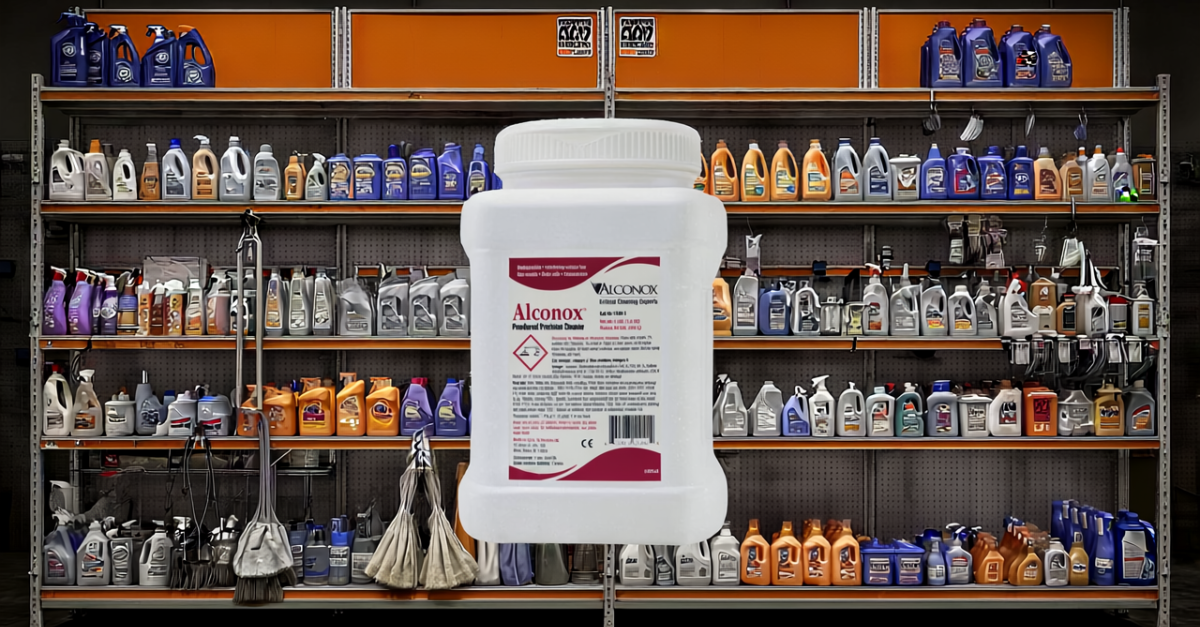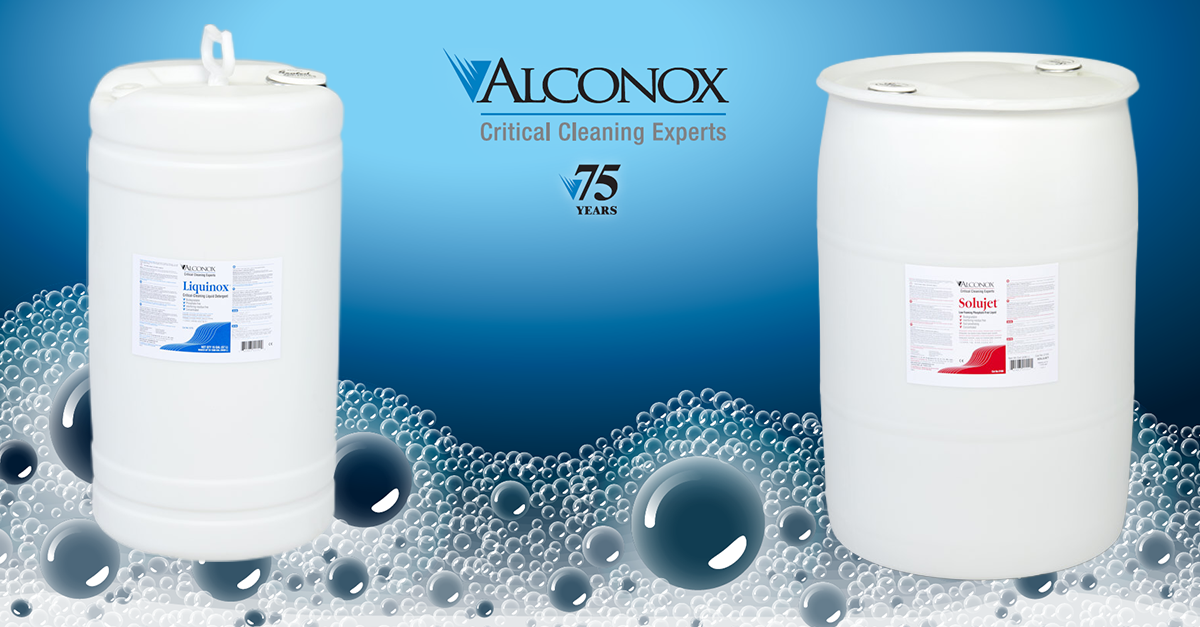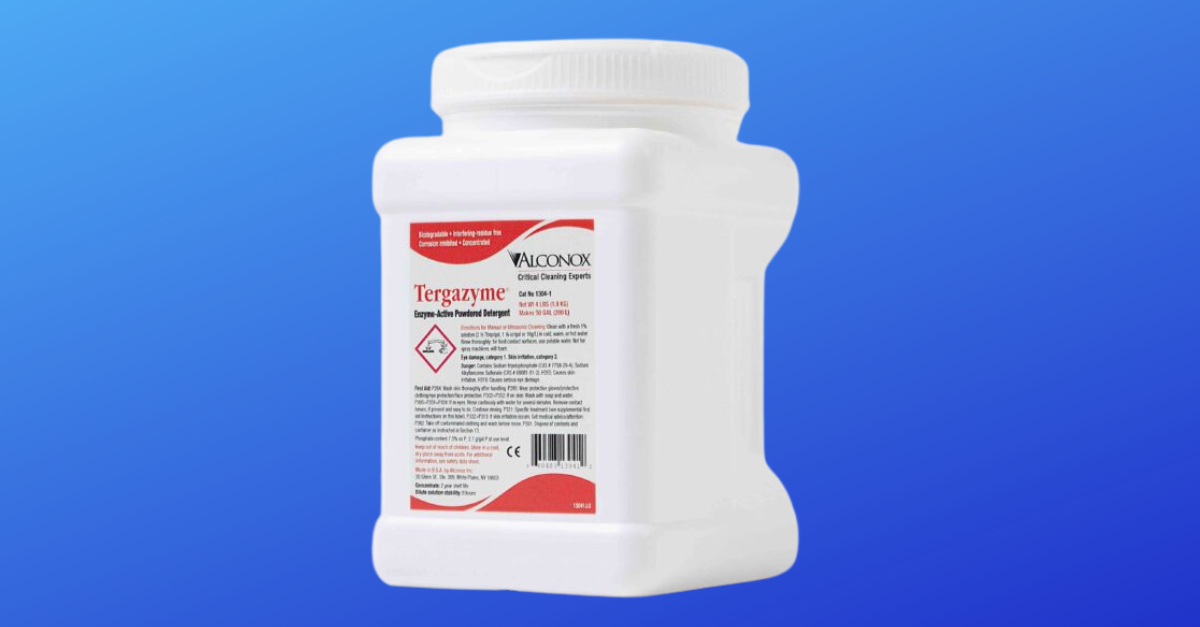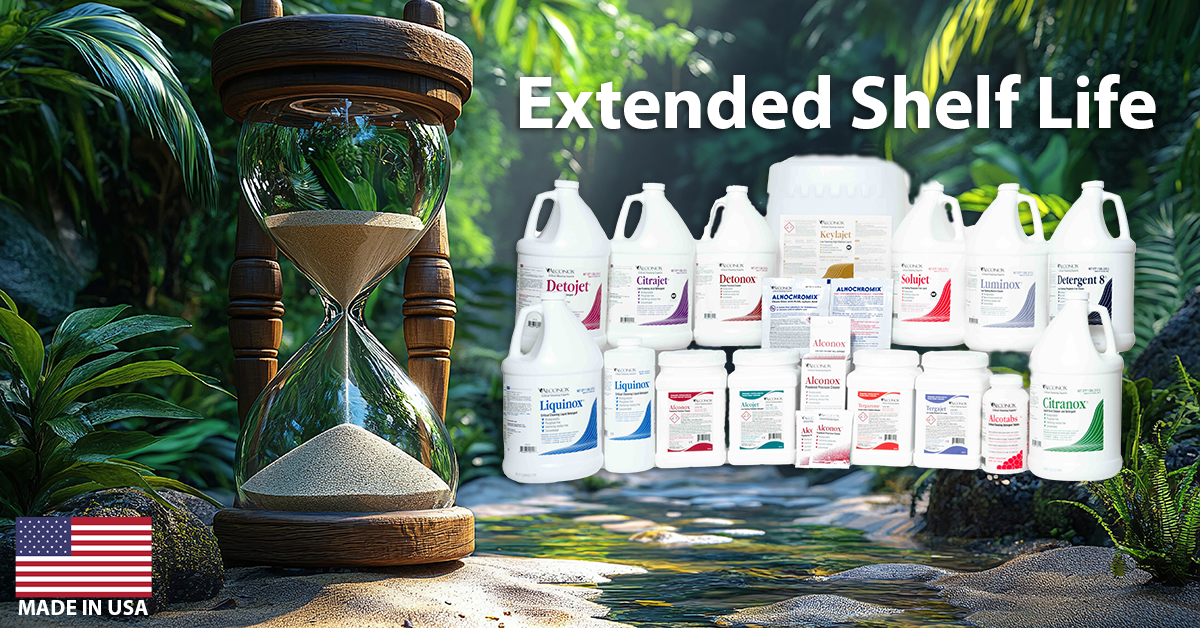
Great Art Starts With Clean Equipment.
There’s a lot that goes into good workstation prep for tattoo artists, but before you stock the area, you need to sterilize. But did you know that before you sterilize, you need to clean?
Why must instruments be cleaned before being sterilized? According to the CDC, “Cleaning should precede all disinfection and sterilization processes. Cleaning involves the removal of debris (organic or inorganic) from an instrument or device. If visible debris is not removed, it will interfere with microbial inactivation and can compromise the disinfection or sterilization process.”
In other words you may have “sterilized” residue on your equipment. Which of course isn’t sterile.
The fact is, disinfection cannot reliably be achieved without cleaning. Cleaning removes inorganic and organic material from instruments — think blood, pus, dirt, or mucus — while disinfectant destroys microbes that can contaminate and then sicken customers.
If inorganic and organic materials remain on surfaces because they were not pre-cleaned, it interferes with the effectiveness of disinfectants and opens the door for cross contamination.
Now more than ever, care must be taken to reduce and eliminate all contaminating residues. Be they viral, bacterial, organic or inorganic.
While some shops use bleach water for pre-cleaning, the safer and more effective cleaning detergent in the tattoo industry is an enzymatic detergent just as is used in hospitals and medical device industries.
Alconox, LLC cleaning products have been used by healthcare professionals for over 70 years to prepare instruments for sterilization.
Alconox® Powdered Precision Cleaner:
- Safe on tattoo equipment
- Effective in manual, soak, and ultrasonic cleaning
- Economical – Concentrated to save you money
- Non-corrosive – prolongs instrument life
Tergazyme® Enzyme-Active Powdered Detergent:
- Safe on tattoo equipment
- Contains enzyme for blood and protein soil removal
- The power of Alconox plus enzyme to meet health ordinances
- Tergazyme for cleaning tattoo inks, pigments, dyes and oils
- Long enzyme activity lasts 8 hours in solution
- Easy to use for tattoo equipment cleaning
- For more see our Tergazyme video
Directions: To clean instruments prior to sterilization, make a fresh 1% detergent solution (2 1/2 Tbsp. per gal., 1 1/4 oz. per gal. or 10 grams per liter) in cold or warm water (higher temperatures expedite cleaning). Use Alconox detergent for the standard tattoo equipment cleaning, or use Tergazyme (Alconox detergent plus enzyme) for enzymatic cleaning where health ordinances may require enzymatic cleaning and/or blood and other biologic residue is present. For heavy residue a 2% concentration may be used.
For tattoo equipment cleaning with Tergazyme detergent in particular, use warm water below 130 F (55 C) – this ensures the enzymes do not degrade. Clean tattoo instruments by soak or ultrasonic method. Tergazyme solution will last 8 hours once formulated (this maximizes enzyme activity).
Not for spray machines, as both of these detergents will foam. For parts washers, use Alcojet® Low Foaming Powdered Detergent or Detojet® Low Foaming Liquid Detergent where powdered or liquid detergents are needed, respectively.
Rinse equipment thoroughly – preferably with running water. The instruments are now ready for your sterilization process. Used on a wide range of glass, ceramic, plastic, and metal surfaces. Corrosion testing may be advisable with certain more exotic metals.
We’re always happy to discuss your particular application and details!
To request these or any Alconox, LLC detergents for free, please complete the questionnaire at Get Sample. For more information about any one of our Alconox, LLC detergents, consult the technical bulletin for each product. Or click here to access each of our detergent’s Safety Data Sheets.
Do you have a critical cleaning question for the experts at Alconox, LLC? Search TechNotes to see if it’s been answered before or Ask Alconox.



